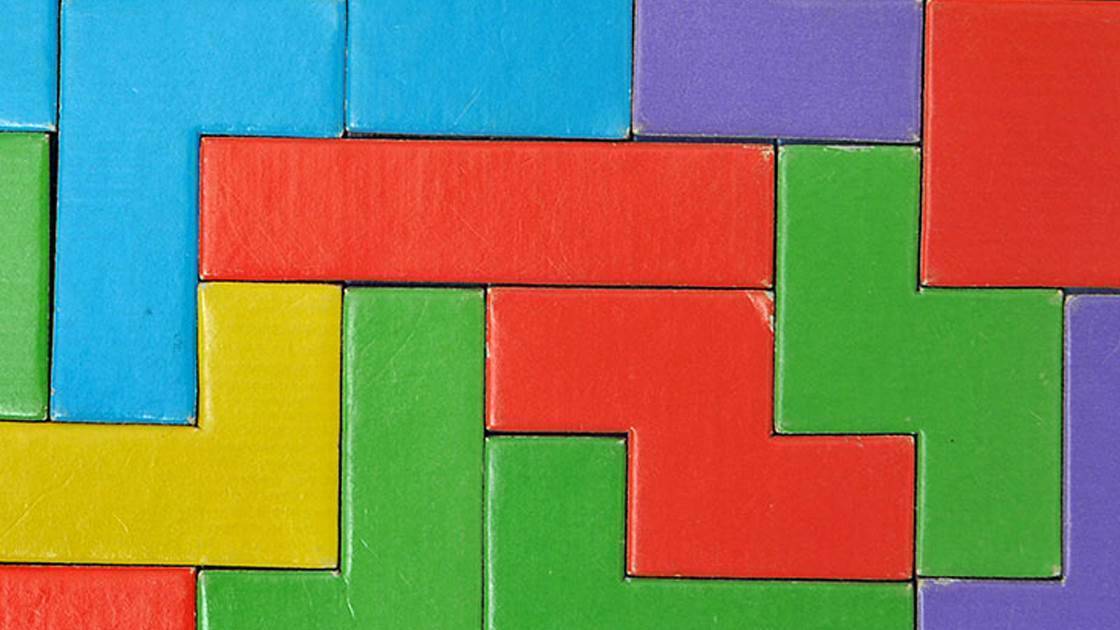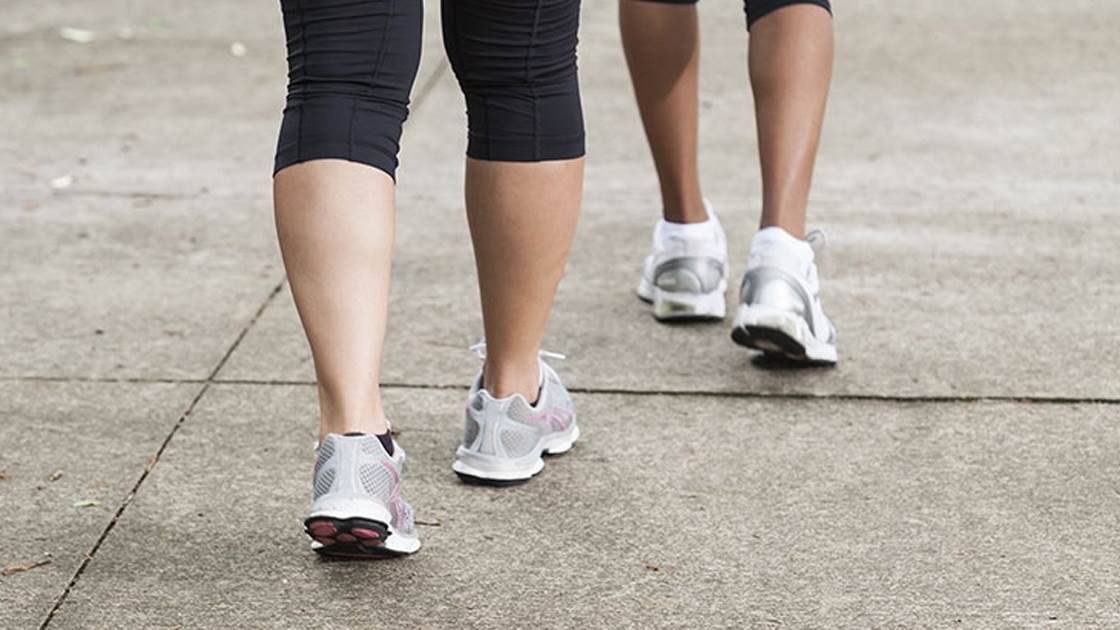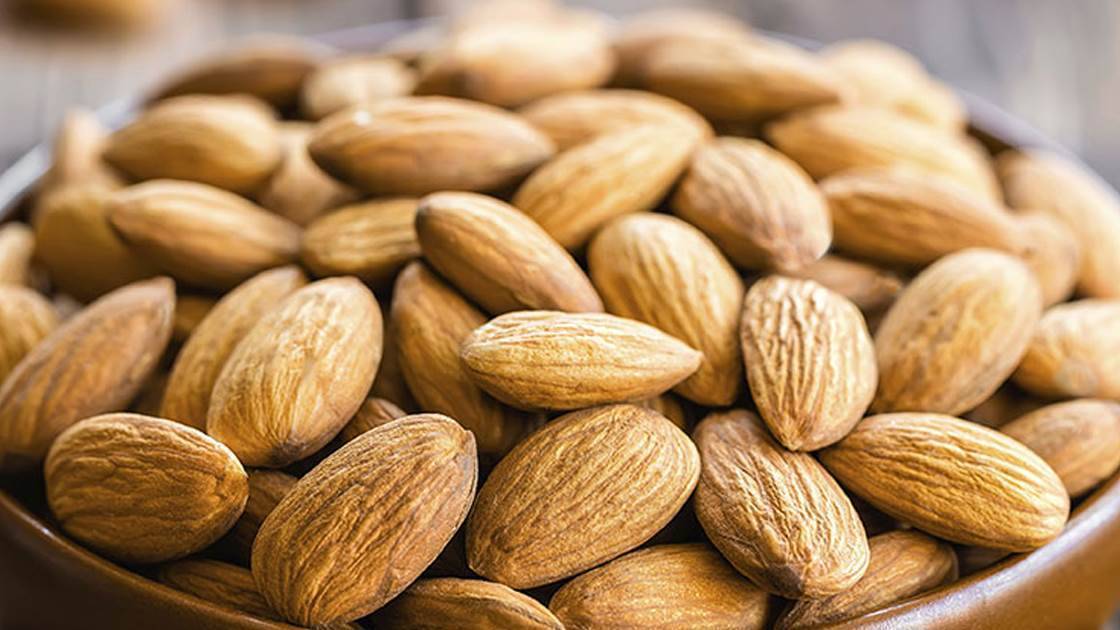You won't lose fat by camping out on the couch. But you don't have to train for two hours a day and eat nothing but salad, either. The following 10 tips work easily into your busy schedule - and are all proven to help you ditch your belly.










Getty
Swap intervals for cardio
You don't have to exercise more - just smarter. People who did high-intensity bodyweight interval workouts for eight months shed an inch more belly fat than people who did the same amount of time on a treadmill, according to a Greek study.
The researchers say that interval training prompts your body to continue burning extra kilojoules long after you've left the gym.
Getty
Snack, then shop.
Before you hit the grocery store, have an apple. A recent study found that when people ate one piece of fruit before grocery shopping, they bought 28 per cent more produce - and less junk food - than consumers who'd snacked on biscuits. The study authors say that eating a healthy snack subconsciously steers you in the right direction - a.k.a. straight to the produce section.
Getty
Snap a selfie
Turns out selfies are pretty smart. Taking a full-body photo of yourself once a week could help you shed 2.6 per cent of your body weight in four months, a recent Spanish study suggests. For a 90kg guy, that's 2.5kgs just by snapping a few bathroom pics.
The study authors say that watching your waist whittle down week by week helps serve as a reminder that eating right and hitting the gym are worth it.
Getty
Play tetris.
Building blocks can block your cravings. In 2015 study in the journal Addictive Behaviors, people who played Tetris for just 3 minutes reduced their cravings by 20 per cent. The study authors say the game puts your cognitive focus elsewhere, distracting you from your urge to hit the vending machine.
Getty
Track your progress.
Weighing yourself regularly can help you shed kilos, according to a Journal of Obesity study. Researchers discovered that overweight people who stepped on a scale every day lost 2.5kgs in a year, compared to people who didn't weigh themselves at all, who lost 0.5kg.
Getting feedback on your weight-loss efforts in the form of a number on a scale helps you track what's working and what isn't, so you can be more successful, the study authors say.
Getty
Take a 30-minute walk.
If you're not already working out, just taking a 30-minute stroll each day could help you lose nearly 10cm (1.6 inches) off your waist in 12 weeks, a Chinese study suggests. That's almost a whole pant size, and you'll barely work up a sweat.
Getty
Stash almonds in your snack drawer
Mid-afternoon hunger pangs can send you straight to the sugar bombs in the office vending machine, derailing your diet. bit if you're prepared when hunger strikes, it's much easier to plan.
Keep a jar of almonds in your desk drawer - swapping nuts for carb-heavy snacks like muffins could help you drop nearly a centimetre from your belly in just 6 weeks.
Getty
Take a breath between each bite.
Eating slower could help you get smaller, a review from Japan suggests.
Chewing your food for longer gives your brain more time to register that it's full, so you ultimately eat less, researchers say. But it's not just that: When you eat slowly, your blood sugar rises in a more controlled fashion - rather than spiking like it would if you housed your lunch.
This may help regulate your appetite throughout the day and how your body uses and stores its fuel. Take a deep breath or two between each bite to pace yourself.
Getty
Take a nap.
Sleep is crucial for keeping your appetite in check, US research suggests. Scientists discovered that a lack of shuteye triggers your body's production of the hormone ghrelin, which makes you want to eat more, and lowers levels of the hormone leptin, which tells you when you're full.
Getty
Eat pizza on Sunday.
If you have trouble sticking to a strict diet, try adding a cheat day to your plan. Research from Portugal finds that dieters who give themselves one day off a week lose the same amount of weight as non-cheaters - but the cheaters are more motivated to stick to their diets after two weeks.
The flexibility to eat your favourite junk foods one day a week makes your weight-loss efforts more enjoyable and sustainable, the researchers say. And as long as you keep your portions reasonable, they won't derail the hard work you put in the rest of the week.
Additional reporting by Christa Sgobba and Korin Miller










